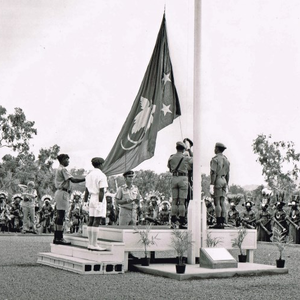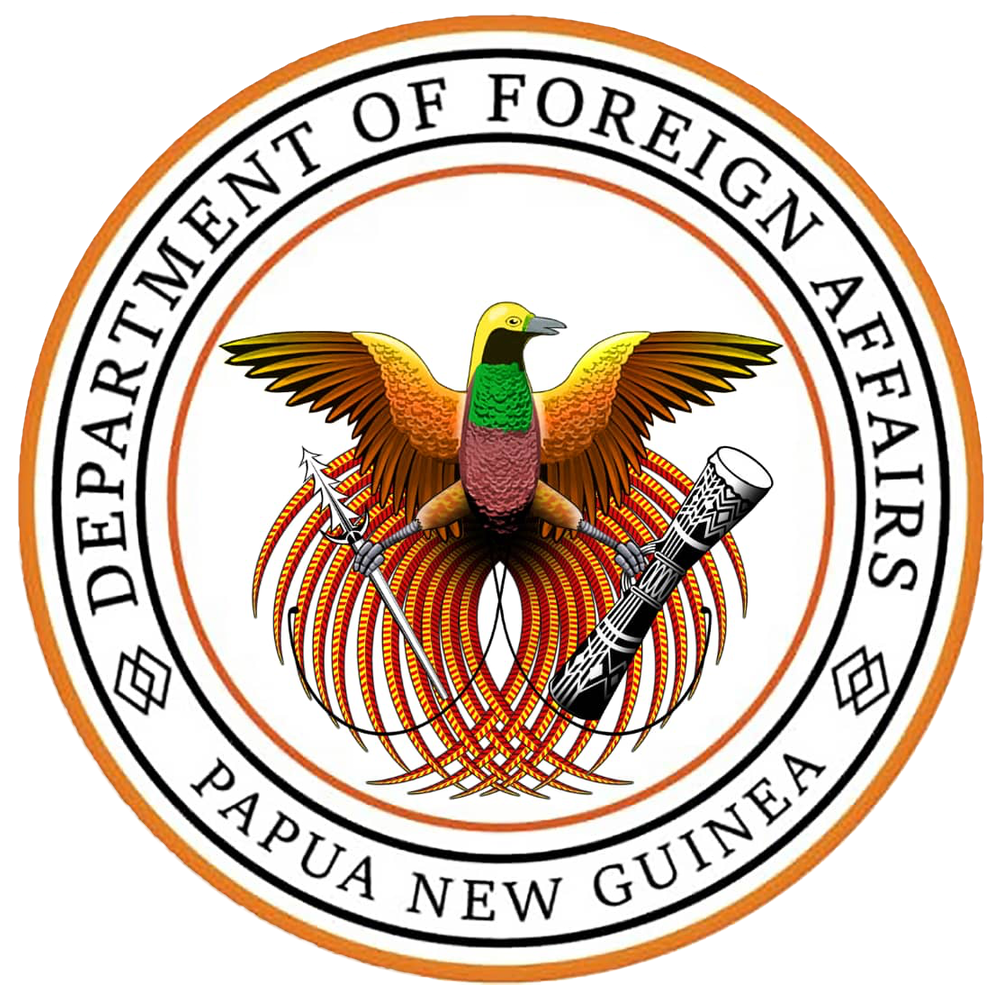About PNG: Religion
Religion in Papua New Guinea is diverse and reflects the cultural richness of this Pacific nation. The religious landscape is characterized by a blend of traditional indigenous belief systems and the influence of various world religions, with Christianity being the dominant faith. Here's an exploration of the religious fabric in Papua New Guinea:
Christianity: The majority of Papua New Guineans identify as Christians. Missionary activities, particularly by Catholic, Protestant, and Evangelical groups, have played a significant role in the spread of Christianity. Denominations include Roman Catholicism, Anglicanism, Lutheranism, and various Protestant and Pentecostal sects.
Traditional Beliefs: Despite the widespread influence of Christianity, many Papua New Guineans continue to adhere to traditional belief systems. These indigenous belief systems are deeply rooted in the connection between the people, the land, and spiritual entities. Animism, ancestor worship, and rituals tied to the natural environment are integral components of traditional beliefs.
Cargo Cults: Unique to Papua New Guinea, cargo cults emerged during the colonial period and gained prominence during and after World War II. These movements involved the belief that the arrival of Western goods, or "cargo," would bring about a utopian age. Cargo cults often incorporated elements of traditional beliefs with a focus on the anticipation of material wealth.
Islam: While a minority, there is a Muslim community in Papua New Guinea, particularly in urban areas and among immigrant populations. Mosques exist, and Islam has made some inroads through trade and interactions with neighboring countries.
Hinduism and Buddhism: Hinduism and Buddhism are present in Papua New Guinea, primarily among small expatriate communities and individuals. These religions are not as widespread as Christianity, but they contribute to the overall religious diversity.
Religious Syncretism: The religious landscape in Papua New Guinea is marked by syncretism, where elements of different belief systems coexist. This syncretic approach often involves blending traditional practices with Christian rituals and beliefs, creating unique expressions of spirituality.
Church Influence: Churches in Papua New Guinea are not only places of worship but also serve as community centers. They play a crucial role in education, healthcare, and social services, contributing to the overall development of communities.
Religious Festivals and Rituals: Religious festivals and rituals are integral to the cultural life of Papua New Guinea. These events often combine traditional customs with Christian celebrations, creating a unique fusion of cultural and religious expressions.
Challenges and Tensions: Despite the coexistence of different religions, there can be occasional tensions, especially in regions where traditional practices may conflict with the teachings of certain Christian denominations. However, overall, Papua New Guinea is known for its religious tolerance.
Spiritual Connection to Nature: The spiritual connection to the natural environment is a common thread across various belief systems in Papua New Guinea. Mountains, rivers, and forests hold spiritual significance, and this connection is evident in both traditional and Christian rituals.
In summary, the religious landscape of Papua New Guinea is characterized by diversity, syncretism, and a harmonious coexistence of various belief systems. The interplay between traditional practices and the influence of Christianity shapes the spiritual identity of the nation.

